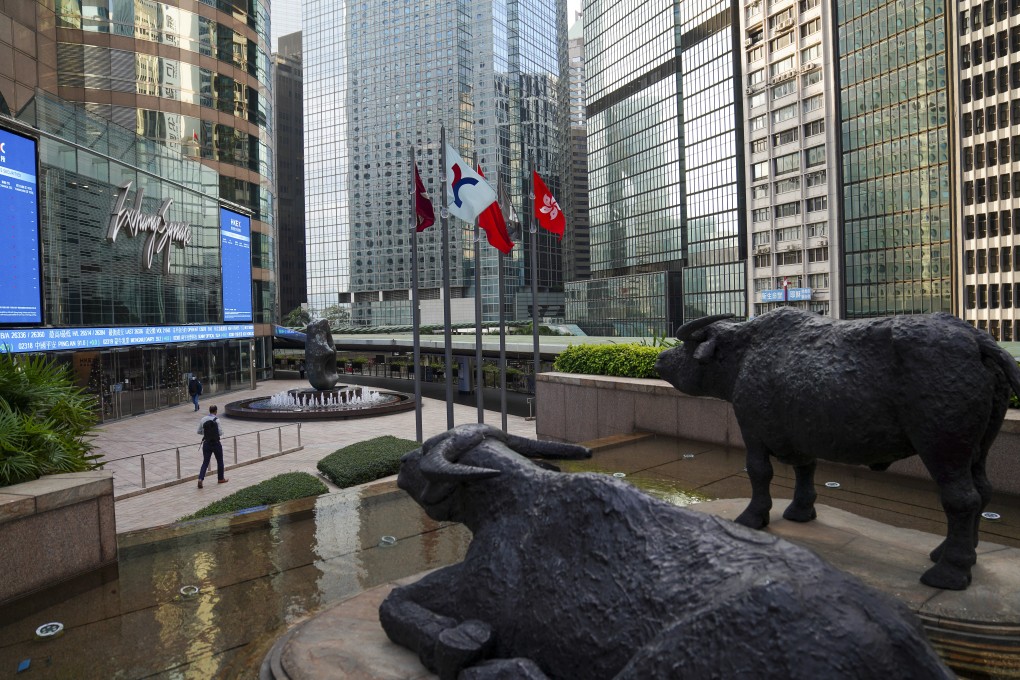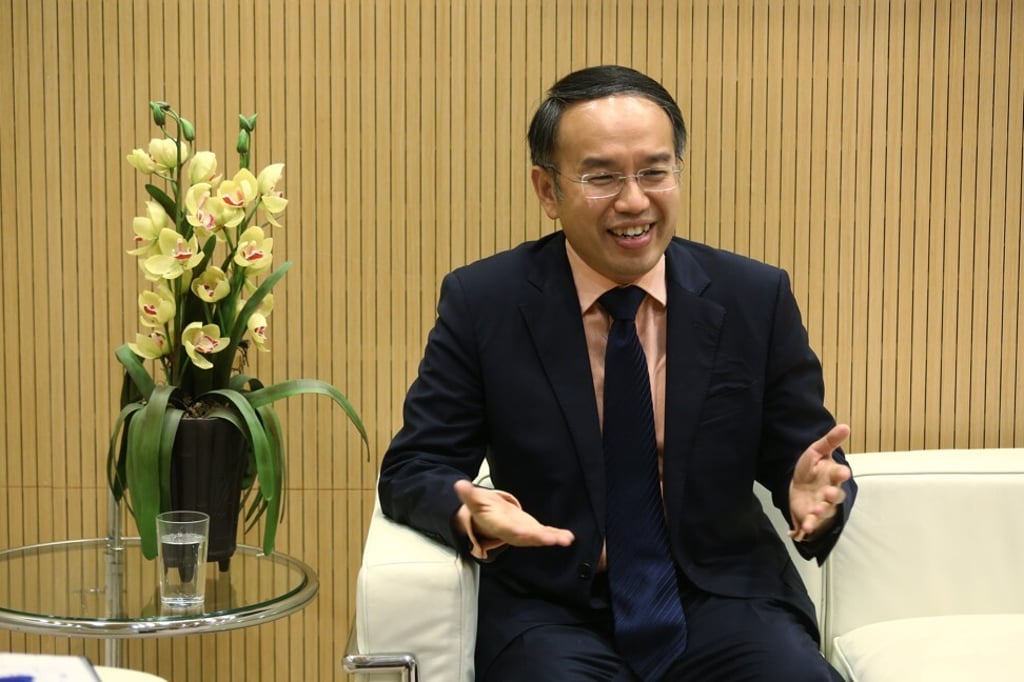Hong Kong signals wider Connect scheme, counting on Chinese funds to get stock market’s mojo back after raising stamp duty
- Stock Exchange will consult on how to let smaller, non-tech firms can have secondary listing
- A-shares derivative and more connect schemes may be launched

Hong Kong will expand its market reforms and cross-border investment channels with Shanghai and Shenzhen to tap investment from the world’s second-largest capital market, as the city battens down the hatches to raise funds for government coffers through a 30 per cent hike in trading stamp duty.
“Hong Kong’s stock market can compete with quality, [instead of] low cost, so we do not need to be the cheapest market but we need to make sure we are the best,” said Christopher Hui Ching-yu, Secretary for Financial Services and the Treasury (FST), during a post-budget press briefing. “The market reforms and expansion of cross-border Connect schemes will enhance the competitiveness of Hong Kong’s market as a listing venue for Chinese companies, and [make the city more attractive] for mainland and international investors to invest in.”

The stock exchange will study how it can relax its listing regulations so that companies with less than the valuation threshold listed on overseas exchanges – even those beyond the much sought-after “innovation” classification – can raise funds in Hong Kong via secondary listings. Non-technology Chinese companies may also be considered for qualifying to raise capital.
Hong Kong’s securities regulator and the market operator pushed through a series of listing reforms in 2018 to allow companies with weighted voting rights (WVRs) and pre-revenue biotechnology research teams to raise capital in the city. As many as 43 companies raised a total of HK$420 billion since the 2018 rule changes, about 40 per cent of all IPOs in the city during the period, adding HK$11 trillion in market capitalisation to Hong Kong.